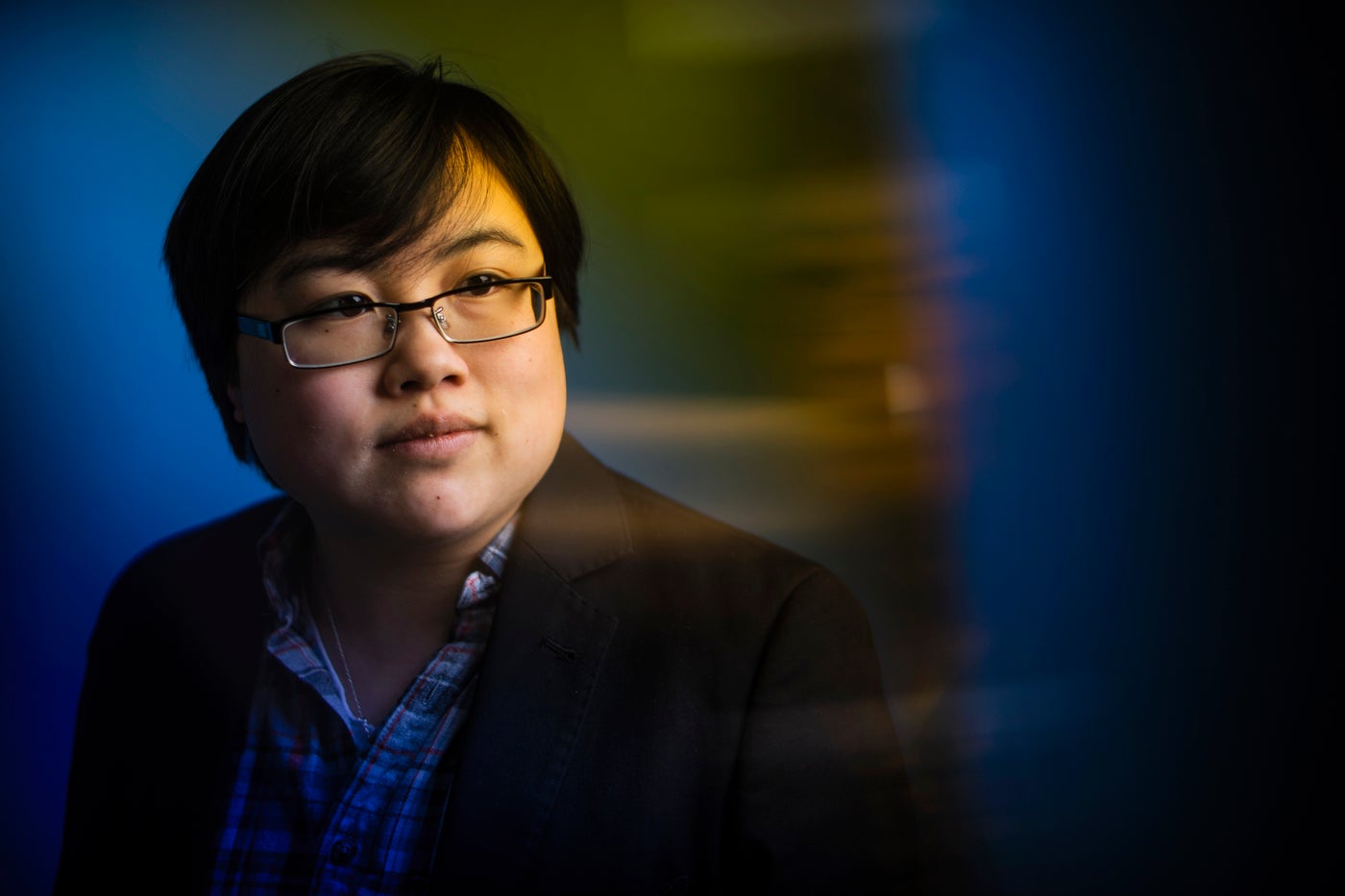How I Got There: Disability Justice Advocate | Lydia Brown (COL ’15)

Posted in Student & Alumni Stories
Lydia Brown studied Arabic and minored in Psychology in the College and is now a Disability Justice Advocate and a Disability Studies Adjunct Professor at American University and Georgetown University. At the time of her interview, she worked as a Justice Catalyst Fellow at the Bazelon Center for Mental Health Law. Learn how Georgetown shaped her path, what led her to her current position, and more insights regarding her company and broader law and academia:
What activities at Georgetown did you find the most valuable and why?
I was a student activist first and foremost. I spearheaded several campaigns on disability rights and justice issues both on my own and in collaboration with multiple student organizations, administrative offices, and faculty and staff on campus.
Among other achievements, my work led to the creation of GUSA’s disability affairs undersecretary position and later the disability policy team, creation of and hiring into a new staff position on disability access and technical assistance in the center for student engagement, the first multi-event lecture and performance series on disability justice, creation of the disability studies minor, additions to Lauinger’s disability studies holdings, and a dedicated fund for cost-bearing disability accommodations at university sponsored public programming and events outside academics and housing. This work also connected deeply with external organizations, including D.C. local nonprofits and government as well as national nonprofits and federal agencies based in the D.C. area.
Outside my student activism, I was also at least a semi-active member of GU Pride, the Muslim Students Association, and the IRC (because I staffed NAIMUN for three of four years on the hilltop), and I was part of the Hoya Saxa Weekend planning committee at CMEA.
How did you find your current position?
I knew about Bazelon’s work from my early days in disability advocacy. When I was in law school, I applied for an academic-year internship position there, and that relationship also bolstered Bazelon’s willingness to collaborate with me in post-law school public interest fellowship applications.
I was a student activist first and foremost. I spearheaded several campaigns on disability rights and justice issues both on my own and in collaboration with multiple student organizations, administrative offices, and faculty and staff on campus.
If you could go back and change one thing, what would that be?
I would have engaged with more student groups on campus that were not primarily focused on advocacy work. I still regret never auditioning for any of the a cappella groups.
Interested in hearing more stories? Check out the rest of our How I Got There series.
